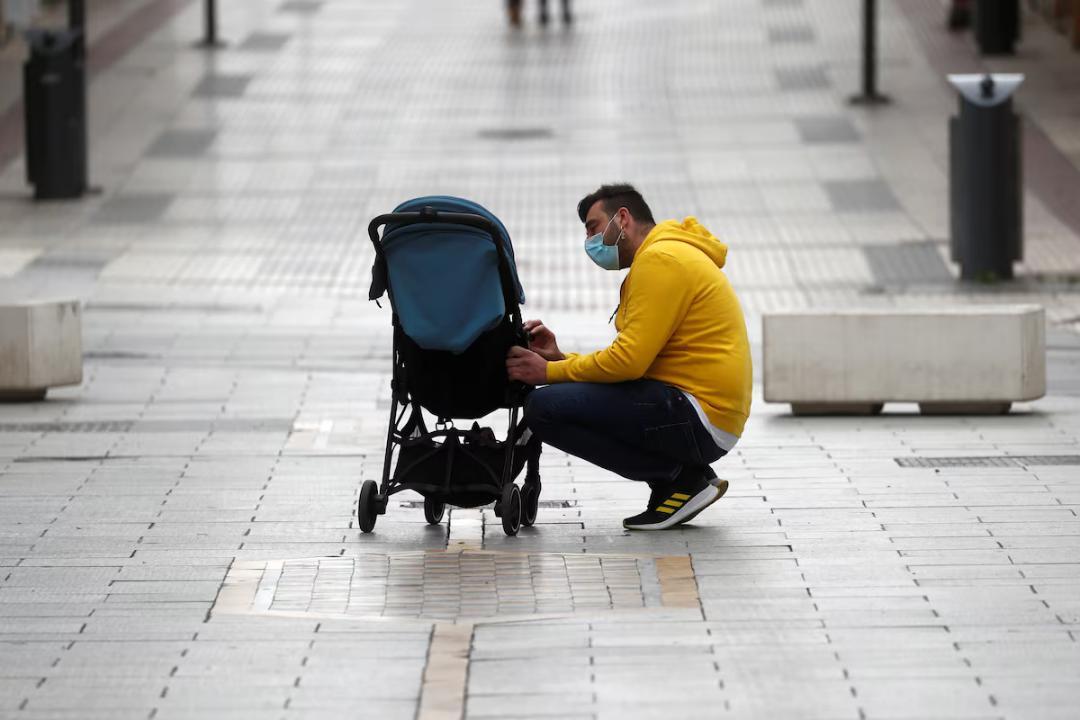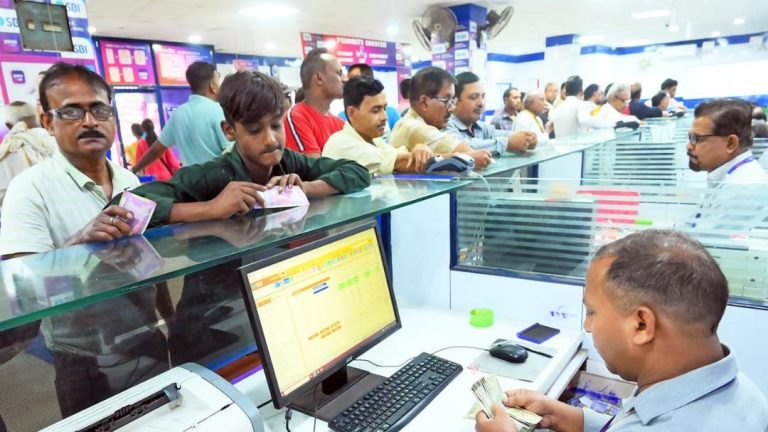
Spain to Offer 17 Weeks of Parental Leave to Both Mothers and Fathers
In a significant move towards promoting gender equality and supporting new parents, Spain has announced plans to extend its parental leave policy to 17 weeks, with both mothers and fathers entitled to equal and fully-paid leave after the birth of a child. This bold initiative aims to provide a more balanced approach to childcare, allowing parents to bond with their newborns and enjoy a more harmonious work-life balance.
Spain’s decision to extend its parental leave policy is a significant step forward in promoting gender equality and supporting new parents. Currently, Spain and Finland are the only European Union countries that offer equal, fully-paid birth leave to both parents. This move demonstrates the Spanish government’s commitment to creating a more equitable society, where both men and women have the opportunity to balance their work and family responsibilities.
Under the new policy, fathers will be entitled to an additional week of paid leave, bringing the total parental leave period to 17 weeks. This extended leave period will provide fathers with the opportunity to take an active role in caring for their newborns, which is essential for building strong and loving relationships. Additionally, this move will help to break down traditional gender stereotypes and promote a more equal and inclusive society.
The decision to extend parental leave is not just a moral imperative, but also a practical one. Research has shown that extended parental leave can have a positive impact on both children’s cognitive and emotional development, as well as on parents’ mental health and well-being. When parents are able to spend quality time with their newborns, they are better equipped to provide the necessary care and attention, which is essential for a child’s development.
Spain’s decision to extend parental leave is part of a broader effort to promote gender equality and support working families. The country has already taken significant steps to address gender inequality, including introducing laws to combat gender-based violence and promoting women’s representation in politics and the workforce.
The Spanish government has also implemented a range of measures to support working families, including flexible working arrangements, childcare services, and parental leave policies. These initiatives aim to create a more supportive and inclusive environment for working parents, allowing them to balance their work and family responsibilities more easily.
In a statement, Spain’s Minister of Labor and Inclusion, Yolanda Diaz, highlighted the importance of extending parental leave. “Spain is moving towards feminism, and there’s no turning back,” she said. “We want to create a society where women and men have the same opportunities and where everyone can enjoy a better work-life balance.”
The announcement has been welcomed by advocacy groups and parents’ organizations, who have long campaigned for extended parental leave. “This is a major victory for working parents and a significant step forward in promoting gender equality,” said a spokesperson for the Spanish women’s rights organization, Federación de Mujeres Progresistas.
While some critics have raised concerns about the potential impact on businesses and the economy, many experts believe that the benefits of extended parental leave far outweigh the costs. By allowing parents to spend more time with their newborns, Spain is investing in its future workforce and promoting a more sustainable and equitable society.
In conclusion, Spain’s decision to offer 17 weeks of parental leave to both mothers and fathers is a significant step forward in promoting gender equality and supporting working families. This bold initiative demonstrates the Spanish government’s commitment to creating a more equitable society, where both men and women have the opportunity to balance their work and family responsibilities. As the world continues to evolve and change, it is essential that we prioritize policies that promote gender equality and support working families.






